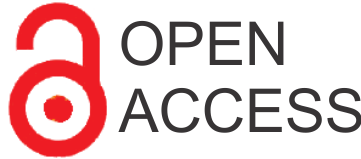E3 Journal of Environmental Research and Management
E3 Journal of Environmental Research and Management Vol. 3 (4) pp. . 075-083, May 2012; © E3 Journals; ISSN 2141-7466
The solid and liquid waste of uttarakhand state carries heavy metals above permissible limit
ASHOK KUMAR 1 * , JOSHI 2 , B.S. BISHT 1 , MEENA SRIVASTAVA 31 BioReLab., Department of Zoology, HNBGU (A Central University), SRT Campus, Badshahithaul Tehri Garhwal-249199 (Uttarakhand) India
2 Department of Zoology, Govt. PG College, Kotdwara (Uttarakhand) India
3 Department of Zoology, M. P. Govt. Degree College, Hardoi-241001 (Uttar Pradesh) India
*Corresponding Author E-mail: asokumr@gmail.com
Accepted 6 April 2012
Abstract
The aim of this study was to estimate the heavy metals and their level in the solid and liquid (municipality waste and industrial effluent) waste in Uttarakhand state of India. It is the part of my research on in situ bioremediation. 62 samples from 32 cities of Uttarakhand were collected according to standard method of APHA in triplicate. The heavy metals viz. Zinc (Zn), Manganese (Mn), Nickel (Ni), Copper (Cu), Chromium (Cr), Cadmium (Cd), Lead (Pb) and Cobalt (Co) were reported in the waste samples. Mercury and Arsenic were not detected in any set of sample. The metal Zinc was measured in maximum extent in all the samples. The metals Zn, Mg, Ni, Cu, Cr, Cd, Pb and Co were measured minimum 0.45mg/l, 0.28mg/l, 0.021mg/l, 0.005mg/l, 0.018mg/l, 0.001mg/l and 0.002mg/l and maximum 11.9mg/l, 55.5 mg/l, 7.6 mg/l, 6.503 mg/l, 8.56 mg/l, 8.56 mg/l, 8.56 mg/l and 0.905 mg/l respectively. The heavy metals in waste can pose serious health problems in human also. It is recommended that periodic analytical testing of heavy metal should be carried out for maximum permissible level. Primary treatment is required for the quality of the waste/effluent.
Keywords: Heavy Metal Toxicity, ICP-MS, e-waste, Effluents, Permissible limit.
[Download Article - PDF]




